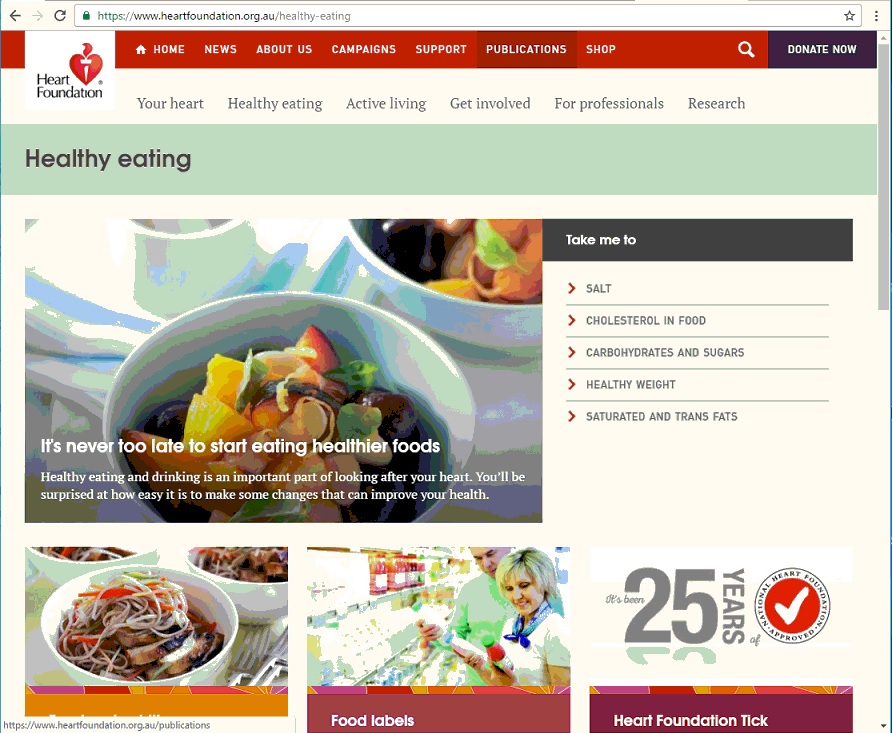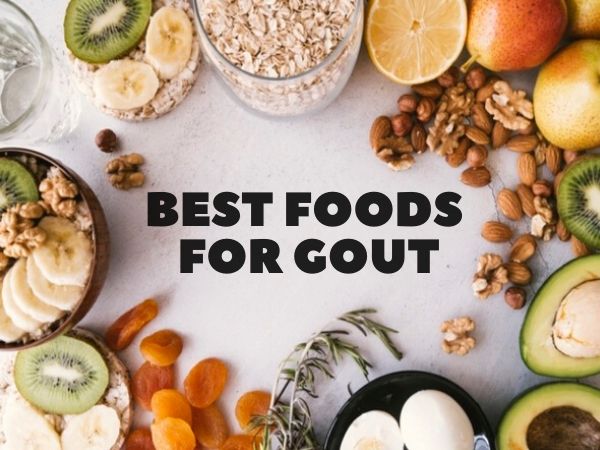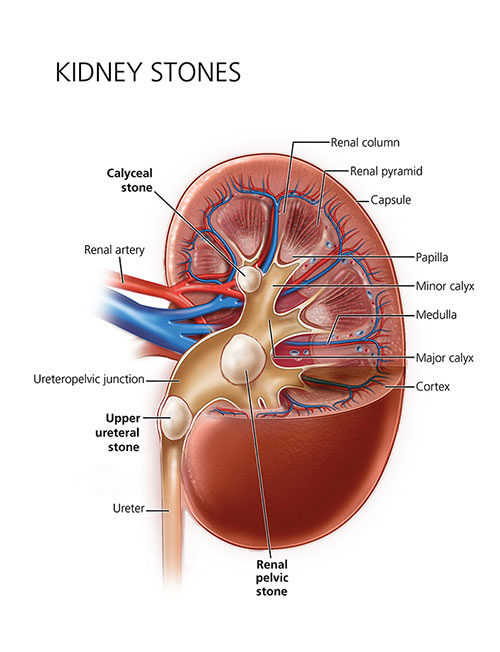Healthy Diet for ALL
Its never too late to start eating healthier…
Although some population groups have specific dietary requirements, especially becoming vital at the advanced stages of the disease process. However, it becomes important to have HEALTHY DIET as a part of active life style to prevent progression of the disease and reduce complications.
For more details: https://www.heartfoundation.org.au/healthy-eating


Australian Dietary Guidelines
Provides the advice about the amount and kinds of foods that we need to eat for health and wellbeing for all age groups. This website offers Advice and tips on eating well, choosing nutritious foods and healthy recipes.
Of course, you will need to modify in various disease states as diabetes and/ or kidney disease.
More information: https://www.eatforhealth.gov.au/
The Guidlines

Diet in EARLY kidney disease
Enjoying a healthy diet is especially important for people with kidney disease. Your diet can help slow the progression of your kidney disease. Following a healthy diet and lifestyle is important for people in the early stages of kidney disease.
Helpful hints for following a healthy diet are listed below: • Eat regular meals • Eat a variety of foods from all of the food groups • Avoid adding salt and eating high salt foods.
In late stages of kidney disease, the level of potassium and phosphate in your blood may rise. This is discussed in details in the later section. This is discussed in details here.
Diet in GOUT
It is known that some foods appear to trigger attacks of gout.
These foods tend to contain high levels of purines, a substance that can be made into uric acid in the body.
Purine-rich foods include:•meat – particularly red meat and offal, such as liver,kidneys and heart •seafood – particularly shellfish, scallops, mussels,herring, mackerel, sardines and anchovies • foods containing yeast – such as Vegemite and beer.
Another food source that can increase uric acid levels in the blood and lead to gout attacks is a type of sugar called fructose. It is found in high levels in soft drinks sweetened with corn syrup (not used in soft drinks manufactured in Australia) and fruit juices.
For more information: www.arthritisaustralia.com.au


Diet and kidney stones
Kidney stones are rock-like crystals of
different shapes and sizes that are made
from minerals in the urine. They often
form when there is too little urine and a lot of mineral waste.
Knowing the type of stone you have or
have had helps determine your treatment and prevention options.
If you pass a stone try and retrieve it and consult your doctor. A 24 hour urine analysis will also help guide your kidney stone treatment and prevention.
More educational material could be obtained from NEMO – Qld website or downloaded here.
AVOID VITAMIN C SUPPLEMENTS. DRINK PLENTY OF WATER….
High Citrate diet is helpful to reduce the micro-crystallization and more information could be obtained from here. Click here to download information about increased citrate intake.
Low potassium diet
High blood potassium values, especially with severe kidney function impairment could be potentially fatal. Dietary restriction of potassium remains the mainstay, as the sick kidneys do not excrete potassium and also some of the medications used for kidney diseases also increase serum potassium.
Careful attention to your diet will help to reduce high potassium levels. Potassium has no smell or taste, and is found in many foods.
Foods which are high in potassium, as listed below, should be avoided when your levels are high.

Your potassium levels should be checked by regular blood tests. Your dietitian/ doctor can discuss potassium restriction in more detail if you are having problems controlling the level of potassium in your blood.
Serum potassium above 6.0 mmol/L warrants urgent medical intervention, including at times need to emergency department.
Click for information resources from NEMO diet sheets:
- Short handout of how to aim dietary control of potassium
- Picture sheet of high and low potassium FRUITS
- Picture sheet of high and low potassium VEGETABLES
- Detailed sheet of most dietary elements with their potassium content (very valuable to have with you)
Despite the dietary restrictions with potassium, phosphate, salt and sugars, you will still be able to choose a healthy diet, if planned appropriately. (Resource: Dining In – Kidney Health Australia)
Talk more about your products here.
Tell prospective customers more about your company and the services you offer here. Replace this image with one more fitting to your business.